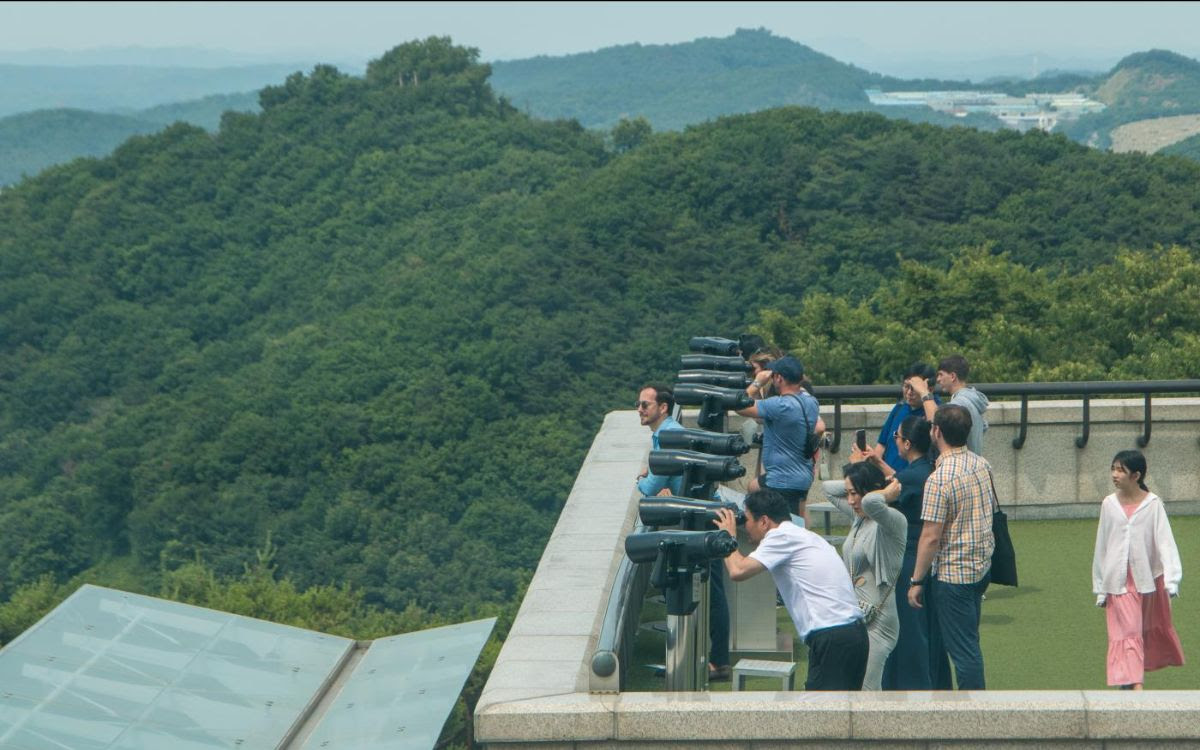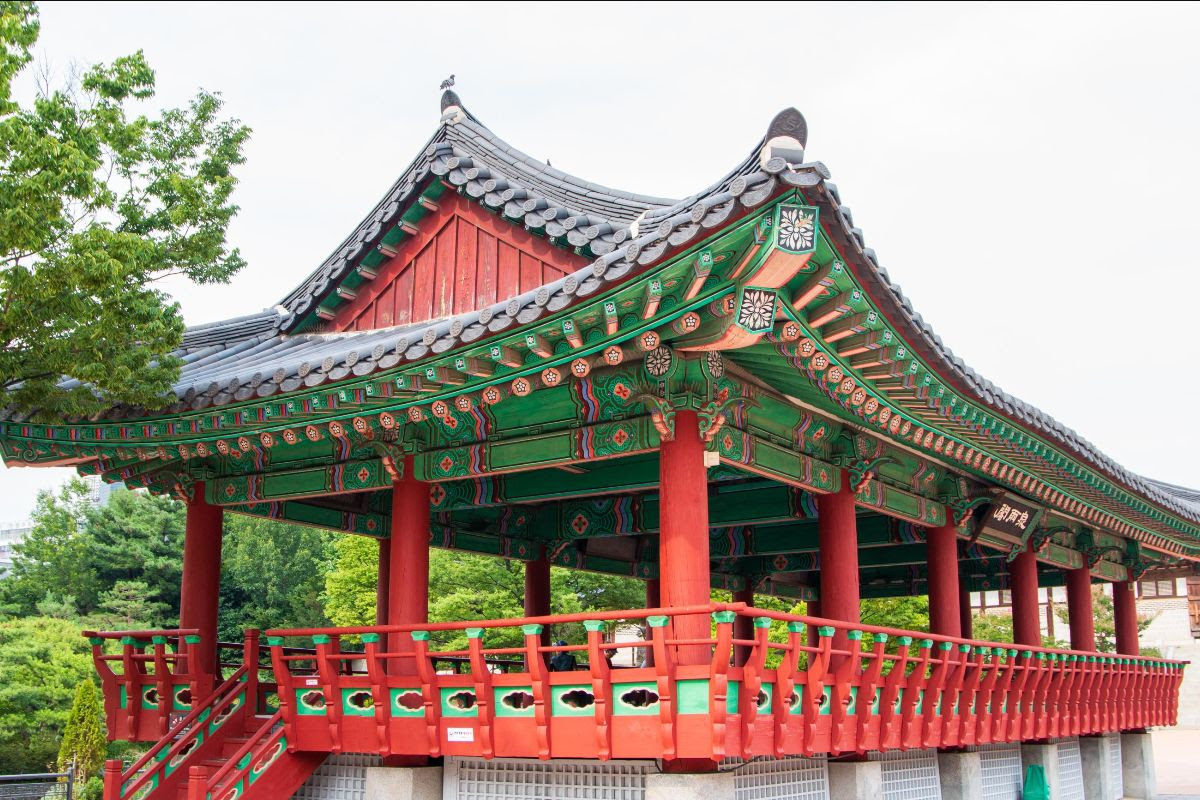The theme is: "Whatever you did…you did for me” (Matthew 25:40), based on the larger context of Matthew 25:35-40. For I was hungry and you gave me something to eat, I was thirsty and you gave me something to drink, I was a stranger and you invited me in, I needed clothes and you clothed me, I was sick and you looked after me, I was in prison and you came to visit me. The theme speaks to the devastating situation of Palestinians in Gaza after so many months of war. After eight months since the beginning of the war on Gaza, the level of human loss and destruction has been unprecedented in the Holy Land. The statistics issued by the United Nations Office for the Coordination of Humanitarian Affairs are devastating, including 35,500 Palestinians killed and 80,000 injured with 60% in both categories being elderly, women, and children; 1.7 million people (75% of the population) internally displaced with 60% of residential units damaged as well as 80% of all commercial facilities. In addition, 1.1 million people reached catastrophic levels of food insecurity, and they lack any electricity, sewage, water, or communication networks. ”The situation in Gaza exposes the lowest decline in our shared humanity and our collective total failure to honour life,” said Rev. Dr Kenneth Mtata, WCC programme director for Public Witness and Diakonia. “We need to take decisive action to redeem the little of our humanity that may be left." The special week will serve as a reminder to us all to visit, feed, and provide necessities for the people Jesus called “the least of my brothers and sisters.” At the same time, it is time to reflect on what we do towards the conflict in Palestine and how we contribute positively or negatively “as if we are doing it to Jesus.” During the World Week for Peace in Palestine and Israel, church organizations, congregations, and people of faith are encouraged to bear a common witness by participating in worship services, educational events, and acts of support in favor of peace and justice for Palestinians and Israelis. The World Council of Churches invites member churches, faith-based communities, and civil society organizations around the world to join for a week of prayer for just peace for all in Palestine and Israel. To help the global fellowship and all people of good will prepare for the World Week for Peace in Palestine and Israel, the WCC has developed a concept note that offers a deeper look at the theme. Resources related to the three pillars of the week—educate, pray, and act—will be published as well. Concept note: World Week for Peace in Palestine and Israel 2024 Learn more about the World Week for Peace in Palestine and Israel | 










